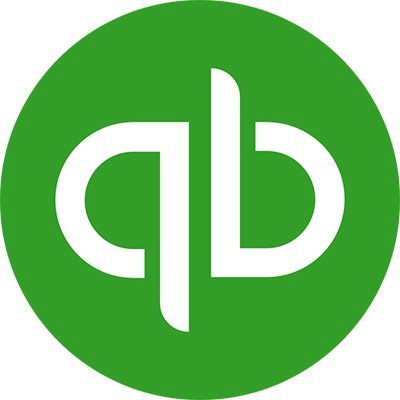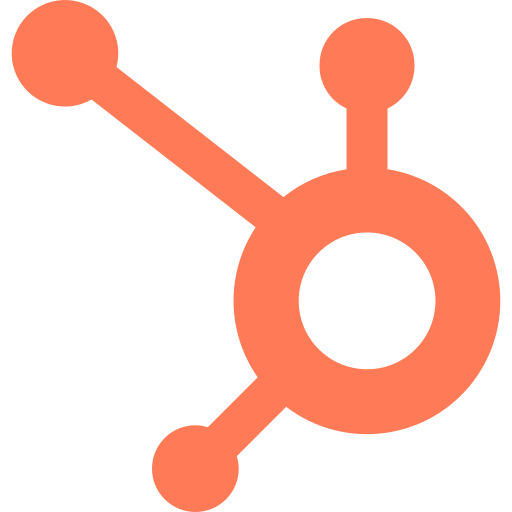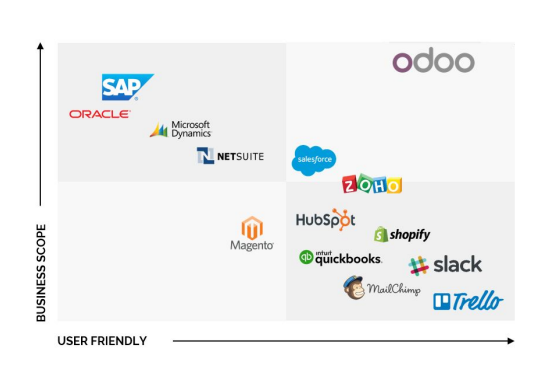What is Odoo?
Odoo is an open-source enterprise resource planning (ERP) application that provides a variety of functionality for companies of various sizes. As a result of the software's modular architecture, companies can grow and adjust their systems to match their particular requirements.
The characteristics of Odoo, its functionality, and its advantages for businesses will all be covered in this blog post.
Features of Odoo
Odoo provides a wide range of tools that are intended to assist organizations in streamlining their operations and increasing productivity.
Accounting
The accounts payable, accounts receivable, general ledger, and financial reporting sections of Odoo's accounting module are all included.
Sales and CRM
The capabilities for managing leads, opportunities, sales funnels, and customer interactions are part of Odoo's sales and customer relationship management (CRM) module.
Inventory management
Businesses may track their inventory levels, control product movements, and automate replenishment with the use of Odoo's inventory management module.
Purchase management
The purchase management module in Odoo enables companies to keep track of their purchase orders, vendor invoices, and payments.
Manufacturing
The manufacturing module of Odoo enables companies to schedule production, monitor work orders, and keep track of bills of materials.
Project management
The planning, tracking, and management of projects are all supported by the project management module of Odoo.
Human resources
Managing employee information, keeping track of attendance and handling payroll are all made possible with Odoo's human resources module.
Other Software to Odoo
Odoo is an all in one software it have many operations in one software.
|
|
 Slack | Discuss |
 Notion | Knowledge |
 Docusign | Sign |
 Salesforce | CRM |
 Chargebee | Subscriptions |
 Lightspeed | Point of Sale |
 Quickbooks | Accounting |
 Asana | Projects |
 Hubspot | Marketing |
 SAP | Purchase |
 Service Cloud | Field Service |
 Zendesk | Helpdesk |
 Shopify | Website |
 BambooHR | Employees |
 Tableau | Dashboard |
How Odoo Works?
Odoo's modular architecture enables companies to pick and choose the capabilities they require. Each module is made to function with the others without any problems, allowing businesses to connect their processes throughout the entire organization. Employees can easily explore and use the system with Odoo's user-friendly interface.
There are two versions of Odoo: Community and Enterprise. While the Enterprise edition is a premium version with more features and support, the Community version is free and open-source. The version that best meets their needs is available for business use.
Advantages of Odoo
Odoo provides enterprises with a number of advantages. Compare with other platforms Odoo is the best in class.

Scalability
Businesses can adapt their systems to their changing demands by customizing and scaling them using Odoo's modular architecture.
Cost-effective
Odoo is an affordable option for businesses because it is open-source and free to use.
Integration
The interoperability of Odoo's modules makes it easier for organizations to integrate their processes.
User-friendly
Employees can easily navigate and use Odoo because to its user-friendly design.
Community support
For businesses using the system, Odoo has a sizable user and development community that can offer assistance and resources.
Conclusion
Odoo is an effective and adaptable ERP software programmed that provides a wealth of capabilities for companies of all sizes. Businesses wishing to automate their operations and boost productivity frequently use it because of its modular architecture, user-friendly interface, and community assistance. Odoo can assist you in achieving your objectives whether you are a small business trying to simplify your operations or a huge enterprise looking to scale your systems.